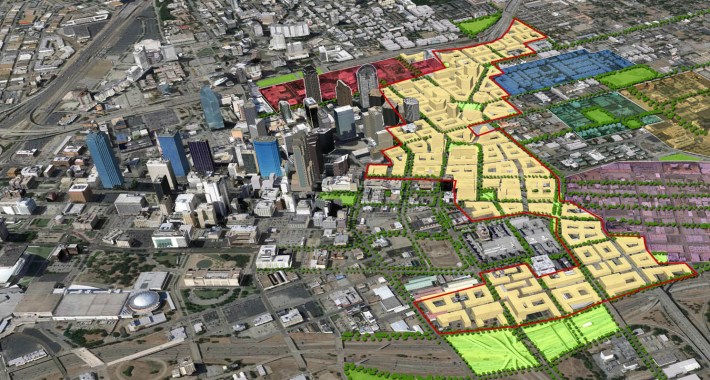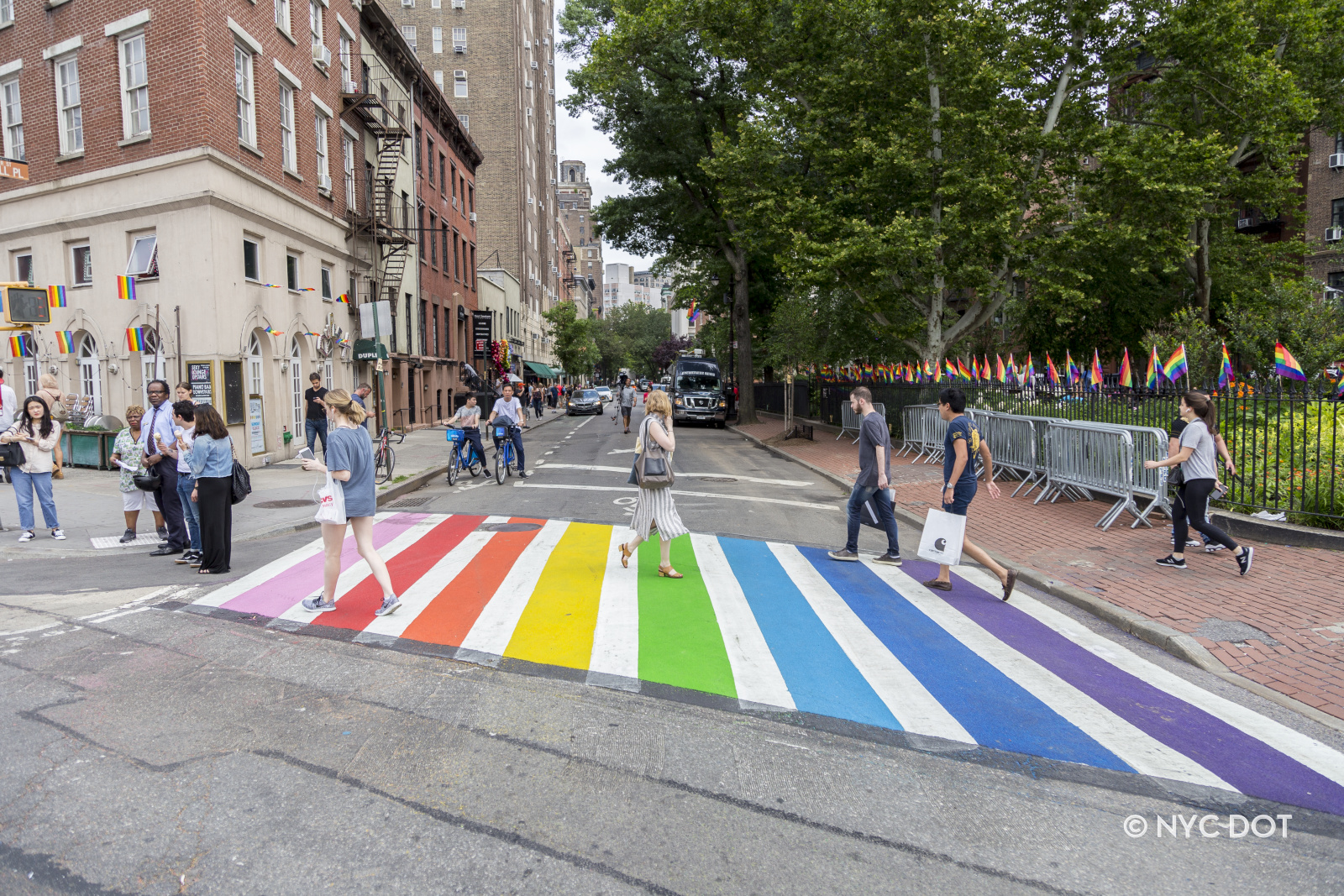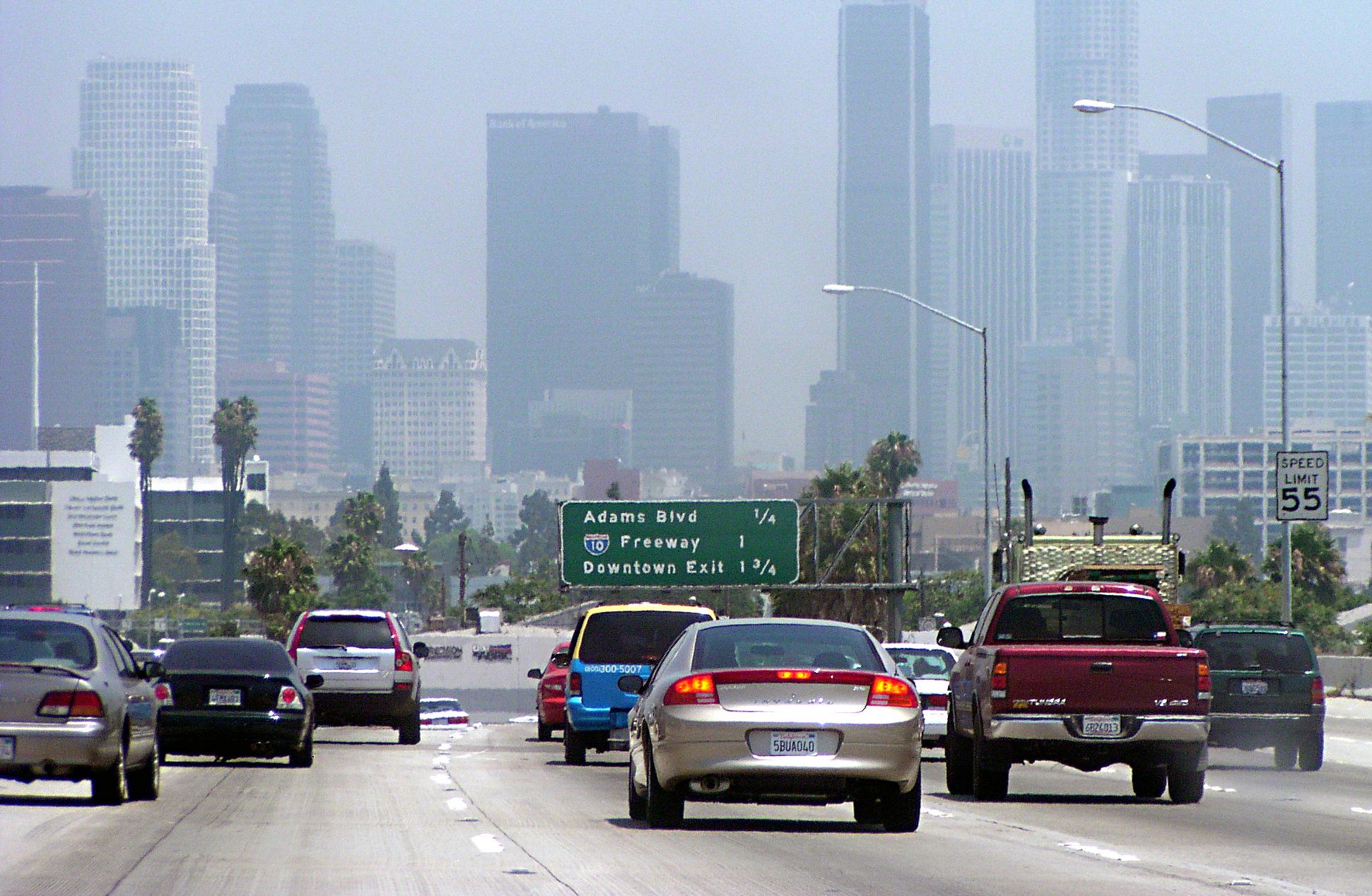Three years ago, Dallas-based planning consultant Patrick Kennedy and his friend, developer Brandon Hancock, started wondering why you couldn't do a highway teardown in the Big D. They picked a highway: IH345, an elevated connector route between downtown and the Deep Ellum neighborhood. Then they thought, "Why not? Let's do a study." Between the two of them, they had the necessary expertise.


On paper, the idea turned out to be pretty compelling. According to their analysis, real estate investment in the area is lacking, as tends to be the case with below or around elevated highways. They found that the combined value of development in this area is only about $20 million, or $81,000 per acre -- less than than you would typically see in suburban sprawl far from a big city like Dallas.
If the highway were cleared, however, and the 245-acre area where it stands was developed as intensively as other urban sites in the city, it could generate $4 billion in new development over 15 years, Kennedy and Hancock found. That would return $100 million annually to the city of Dallas in property tax revenue.
The teardown would also be much cheaper than rebuilding or stabilizing the existing highway segment. Kennedy and Hancock estimate that it would cost about $55 to $60 million to tear down the highway, based on similar examples from around the country and the length of the highway segment. They also estimate it would cost another $11 million to restore the street grid. The Texas Department of Transportation hasn't released cost estimates yet for any of its proposals to stabilize or rebuild the road, but it would likely be far more expensive.
Armed with that data, Kennedy and Hancock set about building support for their plan. They started an organization, A New Dallas, to inform the community about the idea, and developed a pretty compelling website. They've been hosting meetings with the Downtown Citizens Council, the Deep Ellum Foundation, Downtown Dallas Inc, a downtown business membership organization. Kennedy says the feedback they've received has been universally positive.
"This is the start of a broader debate that the city needs to have: What exactly does the city look like in 20 years and 40 years and what mobility does that encompass?" said Kennedy. "Keeping [the highway] as is isn’t going to generate any new economic development."
In a few months time, A New Dallas just may get its opening. The organization is asking for the Texas Department of Transportation to consider the concept for the highway teardown and street grid restoration as an alternative to rebuilding or shoring up the existing road. They are also asking TxDOT to consider burying the highway segment underground. They expect a decision in August.
Now what Kennedy and Hancock need to make that happen is real political support. The two believe the Dallas City Council has to ask TxDOT to consider their proposal before the agency will include it in their analyses.
"Every single highway tear out that’s ever happened has had a champion," said Kennedy. "We need to convince them. That’s our next task: to find a political champion."
Enjoy the holiday tomorrow! We'll see ya Friday.





